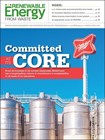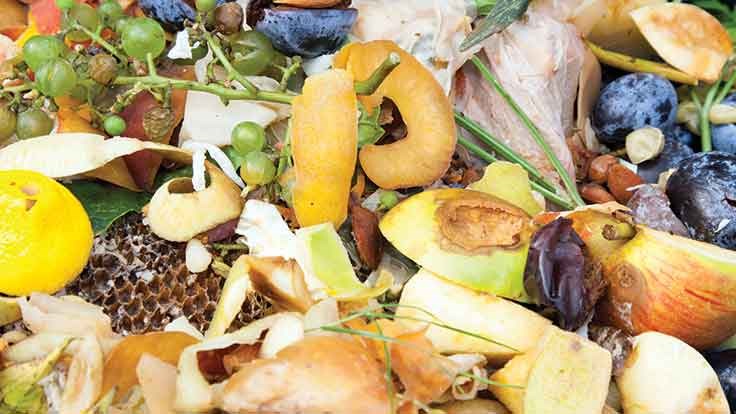U.S. Environmental Protection Agency (EPA) congratulated The Kroger Co. for the success of its food recovery efforts at an Earth Day event in Cincinnati. The Cincinnati-based national supermarket chain and retailer has excelled in three EPA Food Recovery Challenge categories — leadership, innovation, and education and outreach. EPA’s Food Recovery Challenge is a voluntary program to encourage businesses and organizations to reduce waste, donate food, and recycle food scraps to protect the environment, feed the needy and save money.
Food waste accounts for about 20 percent of U.S. landfills. As food decomposes it releases methane, a potent greenhouse gas. An average American family of four loses up to $1,600 a year by wasting food. Meanwhile, one in six Americans lacks reliable access to affordable, nutritious food.
“Food Recovery Challenge participants in the Great Lakes Region have already prevented an estimated 250,000 tons of food from entering landfills or incinerators and nearly 26,000 tons of food were donated to people in need,” said Margaret Guerriero, a senior manager for EPA’s Great Lakes Region, during the event. “Kroger’s innovative efforts will help us achieve our ambitious national goal – to cut wasted food in half by 2030. EPA encourages other organizations to follow Kroger’s example and join the Food Recovery Challenge.”
In 2013, Kroger began operating an anaerobic digester to convert food that can't be sold or donated into clean energy to help power its Ralphs/Food 4 Less Compton, California, distribution center. The anaerobic conversion system processes more than 55,000 tons of organic food waste into renewable energy annually and provide power for the over 650,000 square foot distribution center.
"Kroger is excited to be part of the EPA's Food Recovery Challenge, and honored by this recognition,” said Jessica Adleman, Kroger’s Group Vice President of Corporate Affairs. “Our associates across the company bring our innovative food recovery program to life in all of our stores. We remain committed to finding solutions to reduce food waste – because it is good for business, our communities and the environment."
Nearly 800 governments, businesses and organizations participate in EPA’s Food Recovery Challenge, including grocers, educational institutions, sports and entertainment venues and restaurants. Together they prevent wasted food from entering landfills or incinerators through a variety of innovative actions, including creative reuse of trimmings by university dining staff; donating excess, wholesome food to food banks, shelters and soup kitchens; composting; and using wasted food to produce electricity.
More information on the Food Recovery Challenge is available at www.epa.gov/sustainable-management-food




